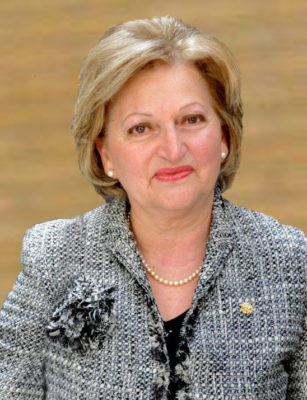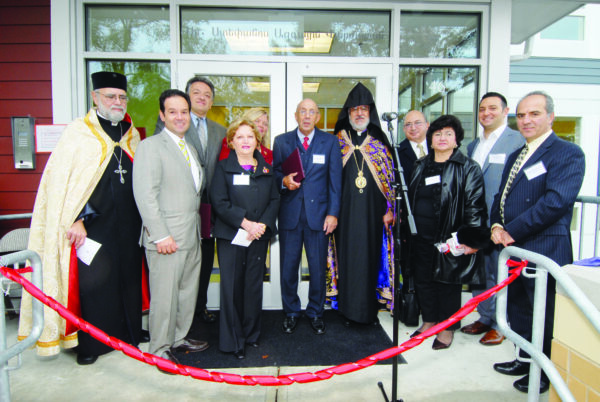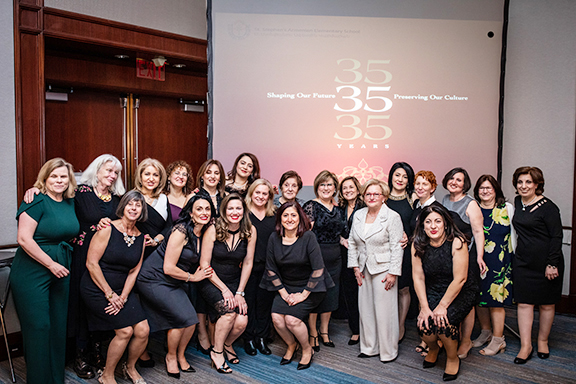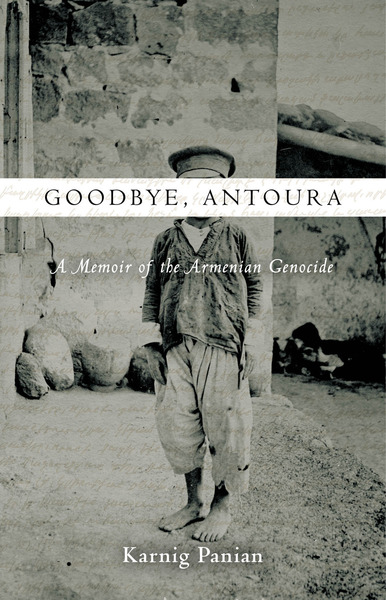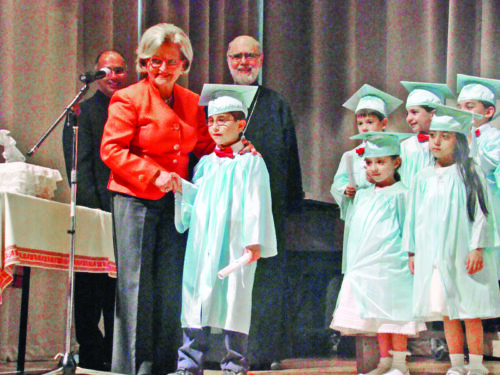WATERTOWN — Houry Boyamian, principal of St. Stephen’s Armenian Elementary School (SSAES) for the past 35 years, is looking forward to a well-deserved retirement. For Boyamian, the position has not been so much a job but a calling, and Armenian schools are vital for the diaspora.
Boyamian noted, “If we want the diaspora, the Armenian nation, to continue, if we want our language and culture to perpetuate, then we need Armenian schools. I am a firm believer in Armenian education. Those regions that have Armenian schools, they can keep their identity longer thanks to Armenian schools.”
(Full disclosure: My daughter, Tenny A. Gregorian, is an alumna of the school.)
Boyamian is set to officially retire in July, when Dr. Garine Palandjian will take over.
“After that, if she will need my help, I am ready,” Boyamian said in a recent interview.
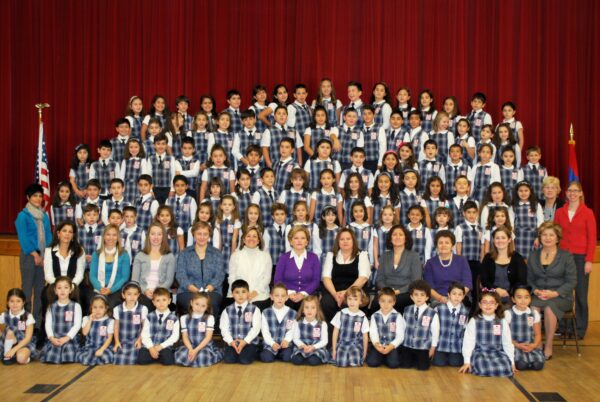
She noted that she is happy with the choice of Palandjian and added that she was involved in part of the interviews. “My main objective was to find someone who will continue the job. I wanted to have peace of mind and as I said, I am not going far. The school will always be in my heart and I am ready to help the school anyway I can,” she added.



